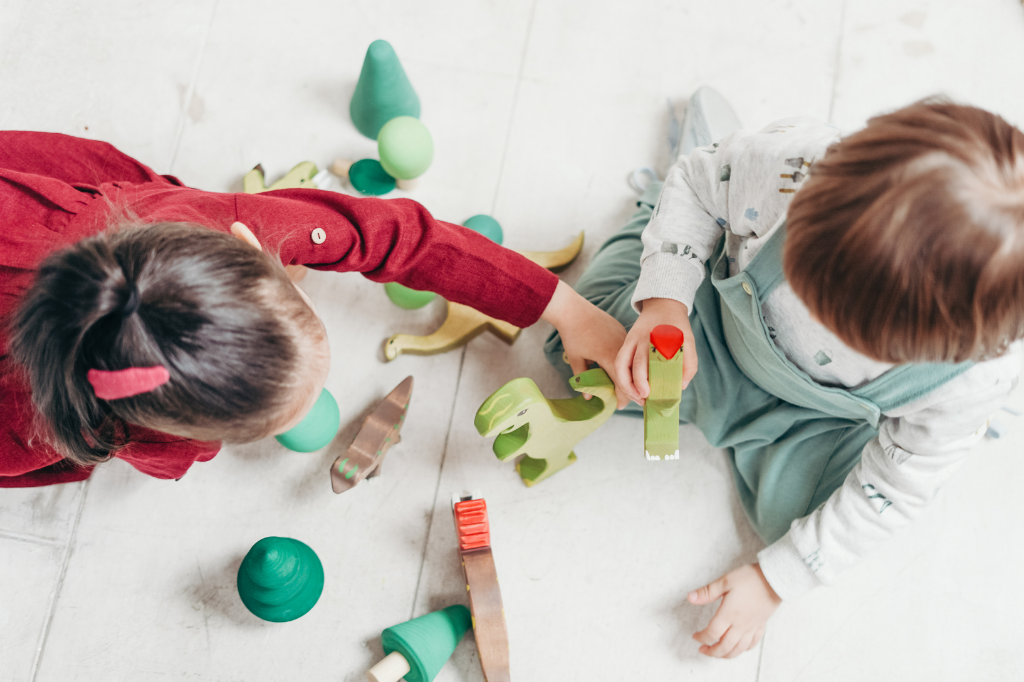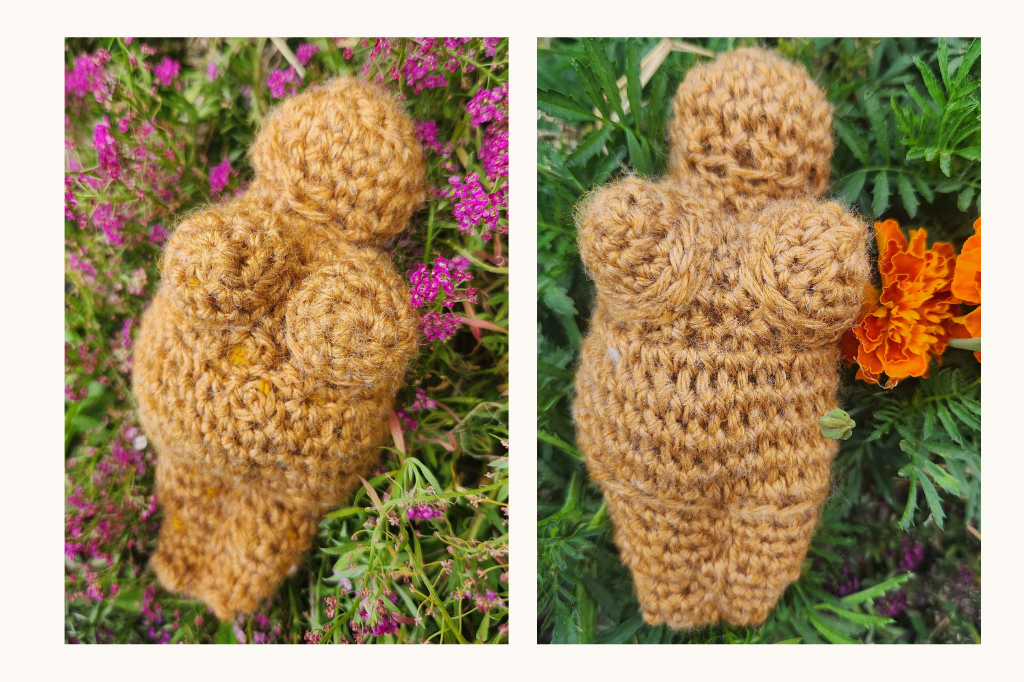5 Ways to Build Emotional Intelligence Skills
Most parents agree that they want their children to be kind, to be good at sharing and making friends, and not resort to hitting when they’re upset – the basis for all of these is good emotional intelligence! Emotional intelligence is the ability to recognize, understand, and handle emotions.
Here are five tips you can add to your parenting toolkit to help build emotional intelligence for toddlers.
1. Cultivate Empathy
Empathy is the ability to recognize other people’s emotions and to share in them. Helping kids recognize what other people are feeling, and labeling those emotions, is a great way to build empathy skills.
Instead of… pointing out ‘good’ or ‘bad’ behavior in others “That little boy is being bad – he’s not listening to his mom”
Try… pointing out what they are feeling and why “That little boy looks upset because he has to leave the park and he doesn’t want to. It can be hard to leave the park when you don’t want to.”
Reading or watching a movie together can be great opportunities to practice!
A quick aside:
It’s important to teach kids that they are not responsible for other people’s emotions. Putting children in charge of the feelings of others sets them up to be easy victims of manipulation later in life.
Instead, keep the focus on explaining what others are feeling and why.
For example “You hit your sister and that hurt her. She is sad because she got hurt” versus “You made your sister sad”
Observational language is great for this – in fact…
2. Use Observational Language
Just like with teaching toddlers their colors or shapes we can teach emotions by pointing them out and naming them.
Instead of… “Calm down!” or “Stop yelling!”
Try… “I see you are upset right now” or “I see you are feeling mad”
By naming the emotions as they’re happening you can help to connect the name of the feeling with how it feels. Observational language inherently acknowledges children’s feelings, which is good too.
3. Validate and Acknowledge Feelings
Imagine that you’ve had an awful day and you’re telling a friend about it and they say “You’re just being dramatic it wasn’t that bad”.
Does that make you feel listened to? Probably not!
And you aren’t going to want to go to talk to that friend the next time you need support either.
It’s the same way for kids. If they don’t feel like they’re being heard they may start to hide their feelings or feel like some emotions are shameful or not okay. When the truth is that all emotions are natural and it’s how we handle them that makes them okay or not.
Instead of… “It wasn’t that bad” or “Don’t cry! Be brave!”
Try… “That looked scary! It’s okay to cry when scary things happen.”
Acknowledging and validating children’s emotions shows that we are listening and that we trust them to know what they feel. Children who feel listened to are children who will talk to you.
If it feels silly at first try thinking about it as a long-term investment in your relationship with your kids!
Toddlers who feel listened to and valued will eventually grow up to be teens who are willing to come to you with their problems and then into adult children who still want to come over for dinner once a week.
4. Problem-Solving
Part of emotional intelligence is learning how to resolve problems. This means we’re breaking out our critical thinking and creative problem-solving skills!
If a kid is feeling angry because they want the toy their sibling has then helping them to find solutions to that problem is much more effective than telling them to stop feeling angry.
Instead of… “Stop it! There are lots of other toys”
Try… “I see you want to play with the toy! Right now it’s your sister’s turn. You can play with it when she’s all done or let’s find another toy to play with while we wait for your turn.”
A toddler left on their own to solve the problem is likely to solve it by hitting or taking the toy.
We want to teach them how to find more creative solutions so that they don’t learn to solve big feelings with aggression or shutting down.
5. Model It
No matter what we tell our kids they are always more likely to do as we do than do as we say. Modeling emotional intelligence can be a great way to capitalize on that.
Instead of… just telling your kids to take deep breaths when they’re upset
Try… modeling taking deep breaths when you’re upset too
By modeling those kinds of responses you are helping your kids to see that big feelings happen to everyone, even grown-ups, and that all emotions are okay.
Kids want to imitate the adults in their lives, so why not take advantage of that to teach them how to deal with their emotions?
What do you think?
Were any of these tips new to you or are you already an emotional intelligence pro?
Comment below and let me know!
For more about emotional intelligence and its relationship to gentle parenting check out my post What’s the Deal with Gentle Parenting?








